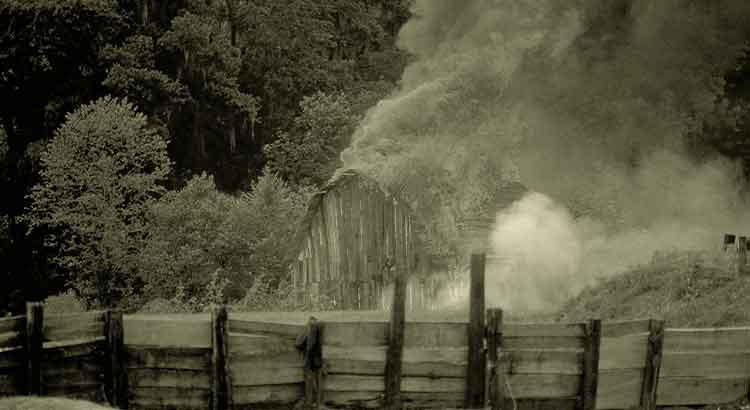Anyone whose dream is the establishment of an ideological totalitarianism suffers first and foremost from historical ignorance. If a lack of haughtiness prevents him from looking a little beyond his immediate interest, a little judgment would recommend him not to challenge an unpredictable and uncontrollable reaction. But history will always make him pay, because it is infallible in pointing out totalitarianism as an aspiration restricted to scoundrels. The course of a lifetime is too short for the consequences that can befall it, and while historical ignorance may not sometimes compromise in the short term, a little patience shows that it always does.
Tag: history
A Generation Never Learns From the Past
“History repeats itself” is a true statement because it is based on the absolute human incapacity, attested by each generation, to pass on the learning of its experiences. That is why civilization is always on the verge of the same collapses and revolutions as before, hostage to the same mistakes, exploited by new versions of the same weapons, subject to the same schemes of domination, the same types driven by the same ambitions. A generation never learns from the past, and what it learns from the present will have to be learned from the present again and again by the next generations.
What Is Most Difficult and Dangerous…
What is most difficult and dangerous for us moderns in the study of history is to overcome the tendency to see our malice reflected in the actions of those who lived in a time not yet corrupted by marketing. We are inclined to find, always, deceit and self-interest behind every act and every word, when, in truth, not to go into the moral question, these did not reward with the generosity and security that they do now. To the modern mind purity of intention and acting without expecting anything in return are strange; therefore, in order to understand well some past lives, it is necessary, first of all, to undergo an evolution.
Traditions and Crisis
It has already been wisely noted that in times of crisis a nation has no choice but to cling to the past. In the despair of uncertainty thrown open by the crisis, tradition emerges as a safe haven, and thus it is overcome all the more easily the more solid a people’s past is, the more ingrained and present it is in the present stage. From this it is evident that there are more and less vulnerable nations; it is impressive, however, when we notice that the so-called less vulnerable ones, even for a short period, become the negation of what they have always been, seeming to break the historical link that defines them. We automatically think: and then, what will it be? But it is curious to note that, more often than not, due to conjunctures that perhaps escape our reasoning, the traditions—always them—appear reinvigorated, and end up as saviors of a future that seemed to be summarized in chaos.
